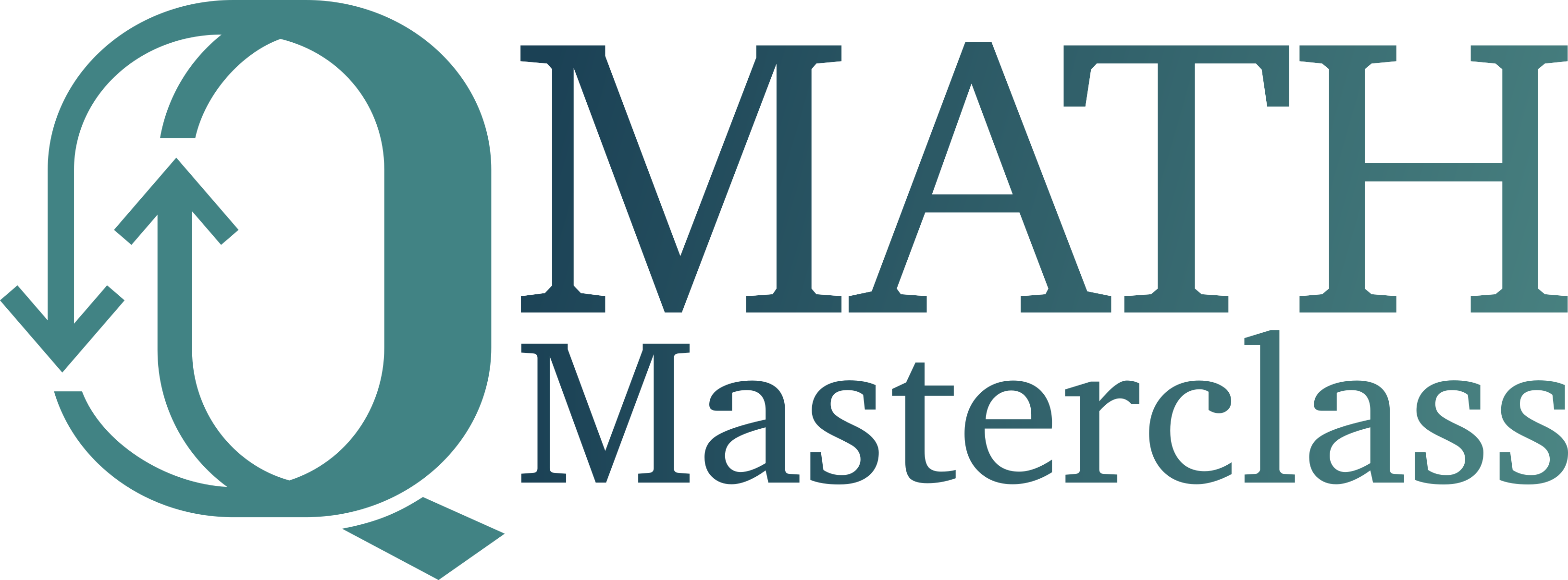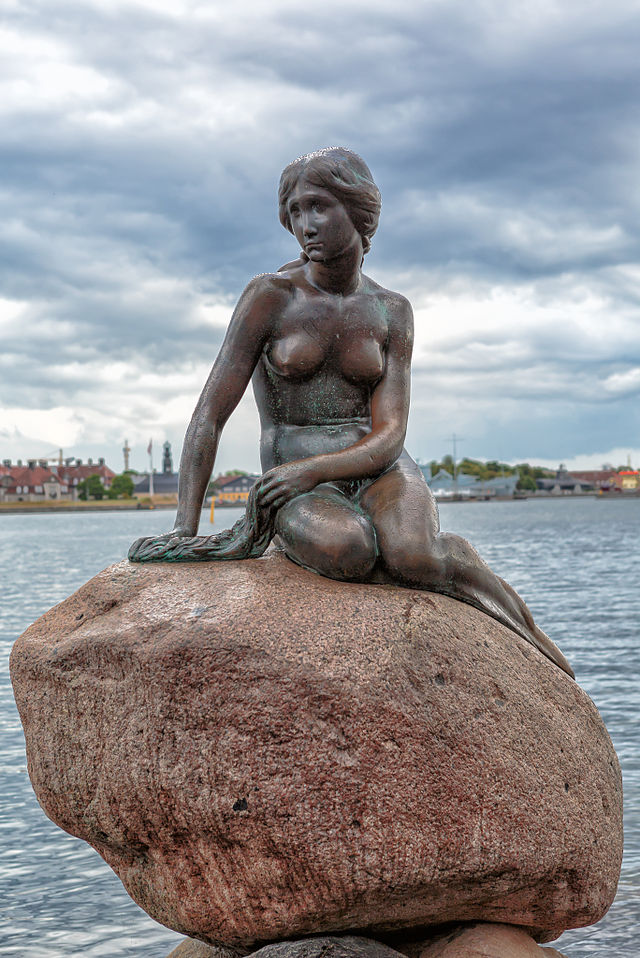QMATH Masterclass on Quantum Communication and Computation with Continuous Variables

University of Copenhagen, June 17-21, 2019
Information and communication technologies are essential to modern society as the internet is pervading all aspects of our lives. Quantum mechanics imposes a fundamental limit to the communication rates, whose determination is a pivotal challenge. Given the amount of sensitive information sent through the internet, secure communications are essential to our society. To fulfill this need, the EU is investing in quantum key distribution with the 1G€ Quantum Technology Flagship, which has been just launched on October 29, 2018. Quantum key distribution is a technique to generate a secret key shared between two parties. The essential feature of quantum mechanics is that any measurement of a system unavoidably disturbs it. Quantum key distribution exploits this feature to detect any attempt of intercepting the communication and hence guarantee the security of the key. Determining the maximum rate for secure communication that can be achieved by the forthcoming generation of devices for quantum key distribution is another pivotal challenge. All the internet traffic travels through electromagnetic signals, which also provide the most promising platform for quantum key distribution. Quantum Gaussian channels provide the mathematical model for the propagation of electromagnetic signals in the quantum regime, where classical mechanics is no longer valid. The mathematical theory of communication with quantum channels was developed by Prof. Alexander Holevo, one of the founding fathers of quantum information. The determination of the maximum communication rates of quantum Gaussian channels had been a longstanding open problem for ten years, and was finally solved by Prof. Vittorio Giovannetti together with Prof. Holevo and Prof. Raúl García-Patrón. Prof. Holevo and Prof. Giovannetti will give lectures on communication with quantum channels, with particular focus on their recent fundamental advance on quantum Gaussian channels. Quantum key distribution will be a fundamental topic of the master class. Prof. Robert König will give an introductory lecture, and Prof. García-Patrón will give a lecture on the most recent and promising continuous variable protocols. These lectures will bring the participants to the forefront of the research on quantum communication, with the goal of making them able to start a research project both completely theoretical or in collaboration with experimental groups.
A fundamental part of the Quantum Technology Flagship is constituted by quantum computing. Quantum computers will be able to exploit quantum-mechanical effects to exponentially reduce the time required for certain computations, among which the factoring problem. A rapidly developing field of research is finding new algorithms for quantum computers to extend the set of problems where they have an advantage over classical computers. Prof. Seth Lloyd ideated one of the most important algorithms for quantum computers, and he will give a guest lecture on quantum computation with continuous variables. This lecture will complement the topics of the lectures on quantum communication and will offer the participants a broader perspective on the applications of continuous variable platforms.
Learning outcome
By the end of the course, the participants will have acquired an up-to-date overview of the latest work in these areas and should be prepared for further study as well as embarking on related research projects on their own.
Target group
This master class will be of high interest for all the students and early career researchers interested in quantum communication and continuous variable platforms, both from a mathematical and from a physical perspective.
Speakers include:
- Vittorio Giovannetti, Scuola Normale Superiore, Pisa
- Alexander Holevo, Steklow Mathematical Institute, Moscow
- Seth Lloyd, Massachusetts Institute of Technology
- Robert König, Institute for Advanced Study & Zentrum Mathematik, Technische Universität München
- Raúl García-Patron Sánchez, QuIC, Université Libre de Bruxelles
- Giacomo De Palma, QMATH, University of Copenhagen
Teaching and learning methods
Lectures and exercise classes.
Location
The master class will take place at the University of Copenhagen, Denmark. Copenhagen is a beautiful harbor city, famous for being among the safest and most enjoyable places to live in the world.
Participants of the master class will have the opportunity to explore the city from the water during an excursion. Conveniently, May and June are the sunniest months of the year in Copenhagen, with days lasting nearly 17 hours.
Organizers
The master class is organized by the Villum Centre for the Mathematics of Quantum Theory (QMATH) at the Department of Mathematical Sciences and the Niels Bohr International Academy (NBIA). From QMATH the organizers are:
Giacomo De Palma
Albert H. Werner
Jan Philip Solovej
Matthias Christandl
Suzanne Andersen
Venue
 The QMATH group is located at the MATH department in the H.C. Ørsted Institute across the park. Directions to the MATH department, and several other useful locations, can be found here.
The QMATH group is located at the MATH department in the H.C. Ørsted Institute across the park. Directions to the MATH department, and several other useful locations, can be found here.
Accommodation
We recommend Hotel 9 Små Hjem, which is pleasant and inexpensive and offers room with a kitchen. Another inexpensive option is CabInn, which has several locations in Copenhagen: Hotel City, Hotel Scandivania, and Hotel Express. Somewhat more expensive, but still recommended, options are Hotel Nora and Ibsen's Hotel. PhD and Master's students have the possibility to apply for funded accommodation.
Application
An on-line application is required to be able to participate in the master class.
The on-line application is now possible.
The application deadline is April 15 2019.
Participants will be selected on the basis of the applications. For PhD students, indicating the e-mail address of an academic supervisor is required, as well as a motivated explanation of the interest in the workshop. The master class is worth 2.5 ECTS.
Contact
Any questions about the master class can be directed to: QMATH@math.ku.dk